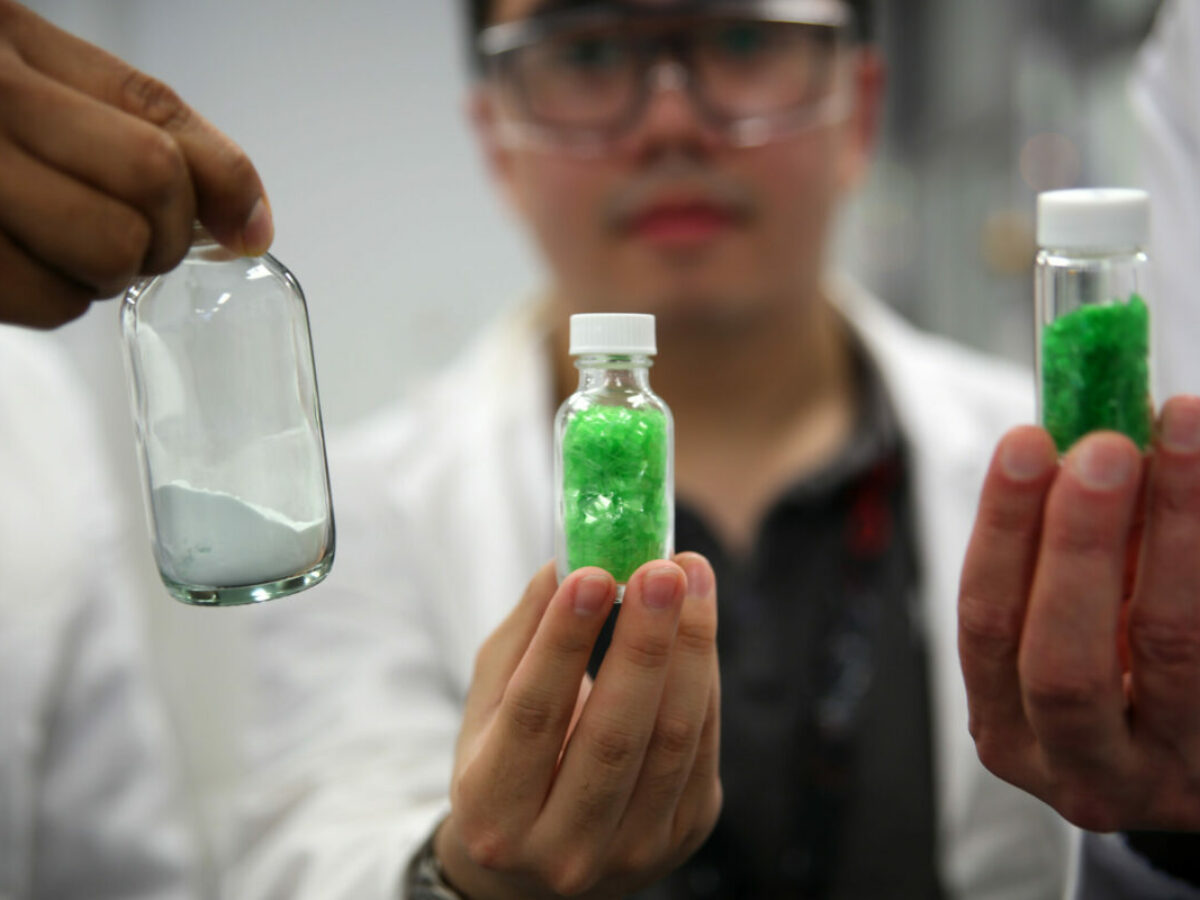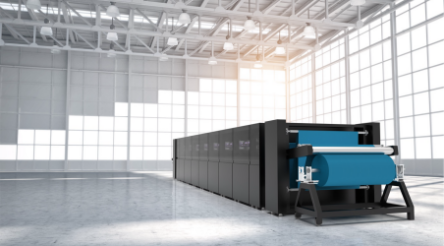Gentler polymer recycling method from UNSW being commercialised

UNSW researchers' new recycling technique able to convert various plastic types into polymer nanoparticles and remove dyes is being commercialised, leading to deals with Arnott's Group and coffee company Pablo & Rusty’s.
According to a statement from the university on Thursday, the technique is low-energy, and polymers dispersed in water can be either extracted for re-use or applied as they are to “applications such as asphalting and waterproof coatings”.
A patent based on research led by Professor Per Zetterlund and Dr Vipul Agarwal, from UNSW’s School of Chemical Engineering, has been licenced to FP Paradigm. FP subcontractor Paco Industries recently announced a deal with Arnott’s Group to apply it to a “more sustainable” alternative to virgin PET.
The patented method is described as segregating different types of polymers, “potentially enabling simultaneous recycling of different types of plastics”, and then using “a traditional filtration process” to extract the nanoparticles for pellets or powder.
According to the university, the method can be applied to materials made of polyethylene, polypropylene, polystyrene, and PET, and comes with the benefit of “significantly reduc[ing] the degradation of the plastic” during recycling.
PET recycling generally involves shredding and melting, and the shear forces and temperatures weaken plastic.
“Our method has the potential of causing no mechanical or chemical degradation of the polymer, so we believe it may be possible to recycle the plastic a higher number of times than using existing recycling processes,” said Per Zetterlund in a statement.
“In addition, there is no need for extensive cleaning of the waste plastic before it is recycled. This process also has the potential to separate the polymer from various additives such as dyes, eliminating one of the stages currently required in current recycling processes.”
Agarwal added: “The other advantages of this new technology are tolerance to mixed plastic waste allowing segregation of different waste plastics during the recycling process, and recycling of chemicals used in the process.”
Paco has also facilitated an agreement with coffee company Pablo & Rusty’s “to assist with the commercialisation of the UNSW-developed recycled PET.”
Picture: supplied
@aumanufacturing Sections
Analysis and Commentary Awards casino reviews Defence Gambling Manufacturing News Online Casino Podcast Technology Videos





